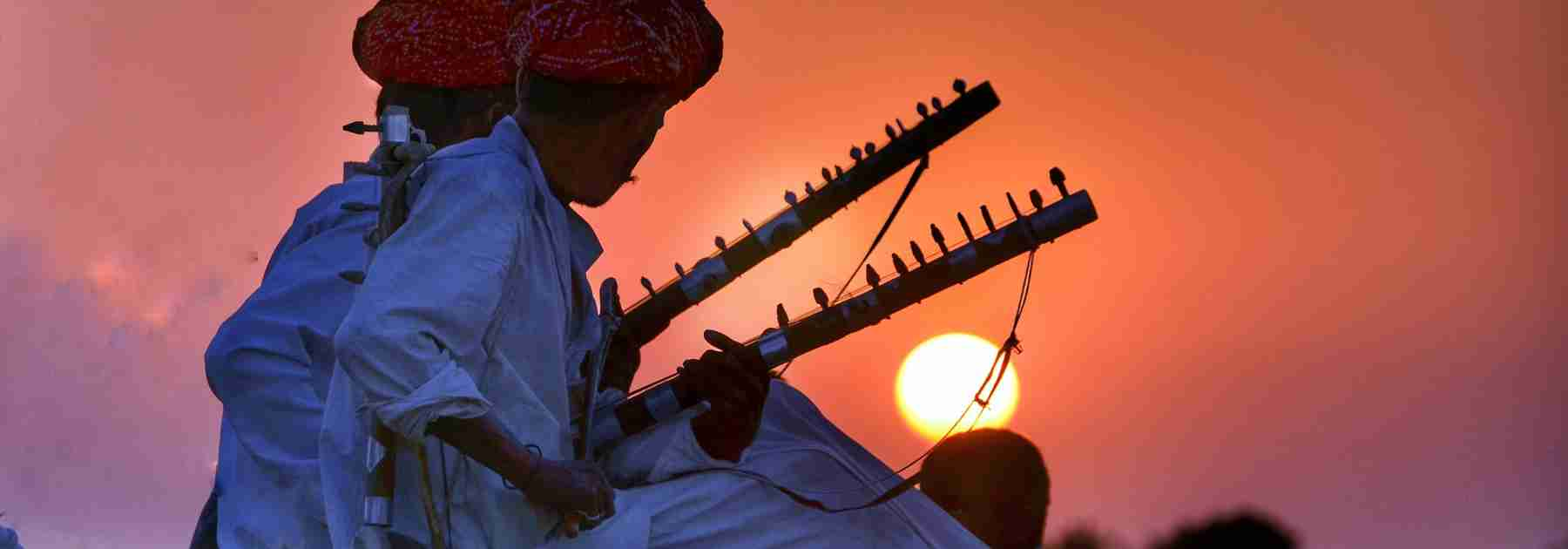Travel Vaccines for India
Embarking on a journey to India, with its rich tapestry of culture, history, and natural beauty, is an adventure of a lifetime. From the bustling streets of Delhi to the serene backwaters of Kerala, every corner of this vast country offers a unique experience. However, amid the excitement of planning your itinerary and packing your bags, it’s essential not to overlook an important aspect of travel preparation: vaccinations.
Understanding Travel Vaccines
Travel vaccines are a crucial component of pre-travel health precautions, designed to protect travellers from diseases that may be prevalent in their destination. These vaccines work by stimulating the body’s immune system to produce antibodies, providing immunity against specific infections. The vaccines required for travel depend on various factors, including the destination country, duration of stay, planned activities, and individual health status.
Travel Vaccines for India
India is a diverse country with varying health risks across different regions. Before travelling to India, it’s advisable to consult with one of our pharmacists at our travel clinic to assess your specific vaccination needs based on your itinerary and medical history. However, certain vaccines are commonly recommended for travellers to India due to the prevalent health risks in the region.
Routine Vaccinations: Ensure that your routine vaccinations, such as measles-mumps-rubella (MMR), diphtheria-tetanus-pertussis (DTP), polio, and influenza, are up-to-date before travelling to India. These vaccines protect against common infectious diseases that may be encountered anywhere in the world.
Hepatitis A: Hepatitis A is a viral infection transmitted through contaminated food and water. Travellers to India are at risk of exposure to this virus through the consumption of contaminated food or water sources. Vaccination against hepatitis A is recommended for all travellers to India to prevent this potentially serious illness.
Typhoid Fever: Typhoid fever is another bacterial infection transmitted through contaminated food and water. The risk of typhoid is higher in India, especially in areas with poor sanitation and hygiene practices. Vaccination against typhoid is recommended, particularly for travellers visiting rural areas or staying for an extended period.
Hepatitis B: Hepatitis B is a viral infection spread through contact with infected blood or body fluids. While the risk of hepatitis B transmission through travel-related activities is generally low, vaccination is recommended for travellers engaging in activities that may involve exposure to blood or bodily fluids, such as medical procedures or sexual contact.
Tetanus: Tetanus is a bacterial infection commonly transmitted through contaminated wounds or cuts. While tetanus vaccination is part of routine immunization schedules, travellers should ensure their tetanus vaccination is up-to-date before travelling to India, especially if engaging in outdoor activities or visiting remote areas where medical care may be limited.
Rabies: Rabies is a viral infection transmitted through the bite or scratch of an infected animal, such as dogs, bats, or monkeys. India has a significant rabies burden, and travellers engaging in outdoor activities or visiting rural areas may be at risk of exposure to rabid animals. While pre-exposure vaccination is not routinely recommended for all travellers, it may be considered for those at increased risk of animal bites or prolonged stays in high-risk areas.
Japanese Encephalitis: Japanese encephalitis is a viral infection transmitted through the bite of infected mosquitoes, primarily in rural agricultural areas. While the risk of Japanese encephalitis for most travellers to India is low, vaccination may be recommended for those planning to visit rural areas during the transmission season or engaging in outdoor activities for an extended period.
Cholera: Cholera is a bacterial infection transmitted through contaminated food and water, causing severe diarrhoea and dehydration. The risk of cholera for most travellers to India is low, and vaccination is generally not recommended unless travelling to areas with active cholera transmission or during outbreaks.
Malaria: Malaria is a mosquito-borne disease prevalent in certain parts of India, particularly in rural areas. While there is no malaria vaccine available, travellers to India are advised to take preventive measures, such as antimalarial medication and mosquito bite avoidance strategies, to reduce the risk of malaria infection.
Prevention Beyond Vaccines
In addition to vaccination, travellers to India should take other preventive measures to stay healthy during their trip:
Food and Water Safety: Practice good hygiene and consume safe food and water to prevent gastrointestinal illnesses. Opt for bottled or boiled water, avoid street food, and peel fruits and vegetables before eating.
Mosquito Bite Prevention: Use insect repellents, wear long-sleeved clothing and pants, and sleep under mosquito nets to protect against mosquito-borne diseases such as dengue fever, chikungunya, and Zika virus.
Sun Protection: Protect yourself from the sun’s harmful rays by wearing sunscreen, sunglasses, and hats, especially during outdoor activities.
Medical Kit: Pack a basic medical kit with essential medications, including antidiarrheal drugs, antimalarial medication (if recommended), pain relievers, and adhesive bandages.
Travel Insurance: Consider purchasing travel insurance with medical coverage to ensure access to healthcare services in case of illness or injury during your trip.
Book an Appointment
Travelling to India offers a captivating experience filled with diverse cultures, landscapes, and culinary delights. However, ensuring your health and safety should be a top priority when planning your journey. By staying informed about the necessary vaccines, taking preventive measures, and seeking appropriate medical advice, you can enjoy a memorable and healthy trip to India.
Contact our team of experts today to find out more about our travel clinic or book an appointment below.

This blog was written on behalf of Everest Pharmacy by Pharmacy Mentor.

